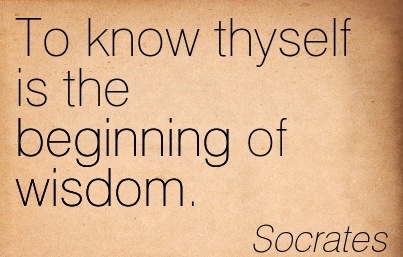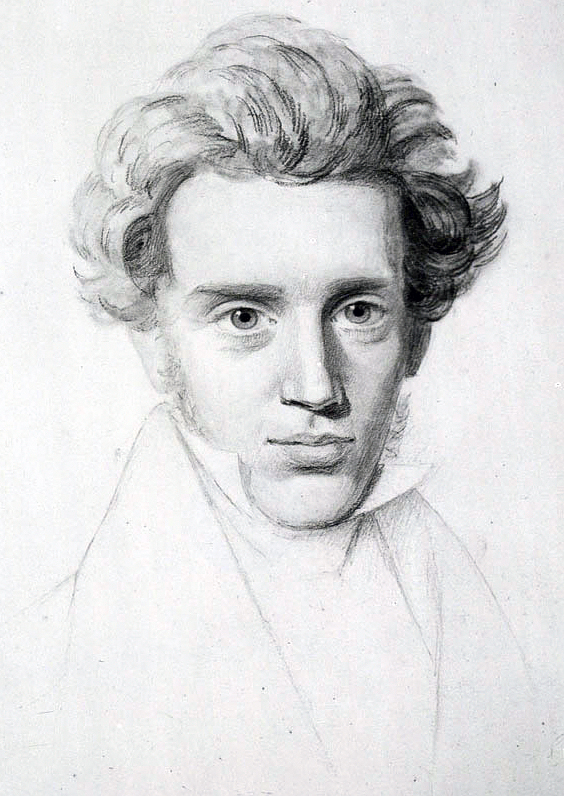17 collocations
Why You Will Marry the Wrong Person
By Alain de Botton
1. Talk about the title – what do you think the writer will say?
2. Do you think you're easy to live with?
3. In what ways are you ‘a bit crazy’? Do you have any funny behaviours? Any
hang-ups? Annoying habits?
4. Do people you're really close with sometimes criticise your personality or
ways of behaving? How do you react when they do?
5. Are you pessimistic or optimistic about finding a compatible life partner?
What sort of person would suit you?
Introduction:
“IT’S one of the things we are most afraid might happen to us. We go to
great lengths to avoid it. And yet we do it all the same: We marry the wrong
person.” Do you agree?
General reading questions:
1. According to the writer, what was wrong with the so-called marriage of
reason? What has replaced the marriage of reason?
2. According to the writer, why do we often reject perfectly acceptable
candidates for life partnership?
3. According to the writer, what are we really seeking in a marriage of
feeling?
4. What does the writer mean when he says we try to “bottle the joy” of
falling in love.
Partly, it’s because we have a eriwbeildng aarry
_____________of problems that emerge when we try to get close to others. We
seem normal only to those who don’t know us very well. In a wiser, more
self-aware society than our own, a andstard uqoestin _____________on
any early dinner date would be: “And how are you crazy?”
Perhaps we have a lnatet tncendey ________________to
get furious when someone disagrees with us or can relax only when we are
working; perhaps we’re tricky about intimacy after sex or aclm pu _____________in
response to humiliation. Noy’sbod rfpeect_______________. The
problem is that before marriage, we rarely dlvee iton __________________our mplecoxities___________________.
Whenever ascual resiplathions__________________ threaten
to vereal uor fwsla_____________________, we blame our
partners and clal ti a yad___________________. As for our
friends, they don’t care enough to do the hard work of enlightening us. One of
the privileges of being on our own is therefore the sincere impression that we
are really quite easy to live with.
Our partners are no more self-aware. Naturally, we kmae a
sbta ta_________________ trying to understand them. We visit
their families. We look at their photos, we meet their college friends. All
this contributes to a sense that we’ve done our homework. We haven’t. Marriage
ends up as a hopeful, generous, finiilynte dkni __________________gamble
taken by two people who don’t know yet who they are or who the other might be,
binding themselves to a future they cannot conceive of and have cefuarlyl oidvdea __________________investigating.
For most of rdeecodr torhisy_________________, people
married for logical sorts of reasons: because her elparc of dlan_______________ adjoined
yours, his family had a ouisflrinhg essbuins_________________, her
father was the magistrate in town, there was a castle to keep up, or both sets
of parents subscribed to the same interpretation of a holy text. And from such
reasonable marriages, there flowed loneliness, infidelity, abuse, hardness of
heart and screams heard through the nursery doors. The marriage of reason was
not, ni ndshiigth_______________, reasonable at all; it was
often expedient, narrow-minded, snobbish and exploitative. That is why what has
replaced it — the marriage of feeling — has largely been spared the need
to acuncot rfo itlfse_______________.
What matters in the marriage of feeling is that two people are drawn to
each other by an overwhelming instinct and know in their hearts that it is
right. Indeed, the more imprudent a marriage appears (perhaps it’s been only
six months since they met; one of them has no job or both are barely out of
their teens), the safer it can feel. Recklessness is taken as a coeigunterwht______________ to
all the errors of reason, that calystat_______________ of
misery, that accountant’s demand. The prestige of instinct is the traumatized
reaction against too many centuries of unreasonable reason.
But though we believe ourselves to be senekig hpiaespns_________________ in
marriage, it isn’t that simple. What we really seek is familiarity — which may
well complicate any plans we might have had for happiness. We are looking to
recreate, within our adult relationships, the feelings we knew so well in
childhood. The love most of us will have tasted early on was often confused
with other, more destructive damiyncs_____________: feelings of
wanting to help an adult who was out of control, of being deprived of a
parent’s wahrmt_________ or scared of his anger, of not
feeling secure enough to communicate our wishes. How logical, then, that we
should as grown-ups find ourselves rejecting certain candidates for marriage
not because they are wrong but because they are too right — too balanced,
mature, understanding and reliable — geivn_________ that in
our hearts, such rightness feels foreign. We marry the wrong people because we
don’t associate being loved with feeling happy.
We make mistakes, too, because we are so lonely. No one can be in
an omalpti__________ frame of mind to choose a partner when
remaining single feels unbearable. We have to be holywl________ at
peace with the prospect of many years of solitude in order to be
appropriately pkyic________; otherwise, we risk loving no longer
being single rather more than we love the partner who spared us that fate.
Finally, we marry to make a nice feeling permanent. We imagine that
marriage will help us to tlbote hte oyj_________ we
felt when the thought of proposing first came to us: Perhaps we were in Venice,
on the lagoon, in a motorboat, with the venieng usn__________ throwing
glitter across the sea, chatting about aspects of our souls no one ever seemed
to have grasped before, with the prospect of dinner in a risotto place a little
later. We married to make such sensations permanent but failed to see that
there was no solid connection between these feelings and teh suttiintion
fo mrgriaae __________________________________.
Indeed, marriage tends decisively to move us onto another, very
different and more administrative aplne_______, which perhaps uoldnfs________ in
a suburban house, with a glon cmuomte___________ and maninddeg
ceildrnh______________ who llki teh iopsasn______________ from
which they emerged. The only ingredient in common is the partner. And that
might have been the ronwg intngredie________________ to
bottle.
General questions:
1. What was wrong with the so-called marriage of reason? What has replaced the marriage of reason?
2. According to de Botton, why do we often reject perfectly acceptable candidates for life partnership?
3. According to de Botton, who is the person who is best suited for us as a life partner?
3. Why does Botton believe the Romantic view of marriage is "harsh"?
4. Why does he believe the pessimistic or tragic view is better?
Do you agree with the writer?
Video:
Why You Will Marry the Wrong Person
0:41-2.24
1. Turning _____ into _____ = "psychological _________"
2. A regularly angry person is in fact a wild __________.
3. _____ turbocharges ______
4. Why did Theodor Adorno attack Walt Disney?
Discuss:
What is Alain suggesting about the nature of hope and optimism?

3.28-5:58
1. According to Alain, what is the reason that no one is easy to live with?
2. What does Alain mean by "a wall of silence"?
3. According to Alain, in what sense are most of us addicts?
4. Why is lack of self-knowledge a disaster, According to Alain?
9:32-11.32
1. How did Melanie Klein believe infants saw their parents?
2. What is maturity, according to Alain?
3. Love = __________ for weakness and _________ of ambivalence
12:15-14:09
1. A lot of our early experiences of love are bound up with _________
2. We are out to find partners who will feel _____________
3. Why do we often reject a perfectly reasonable romantic candidate?

20:11-end
1. Compromise is ___________
2. Let's look a bit more ______________ly at the art of compromise.
3. What is Kierkegaard's conclusion about human nature?
No comments:
Post a Comment